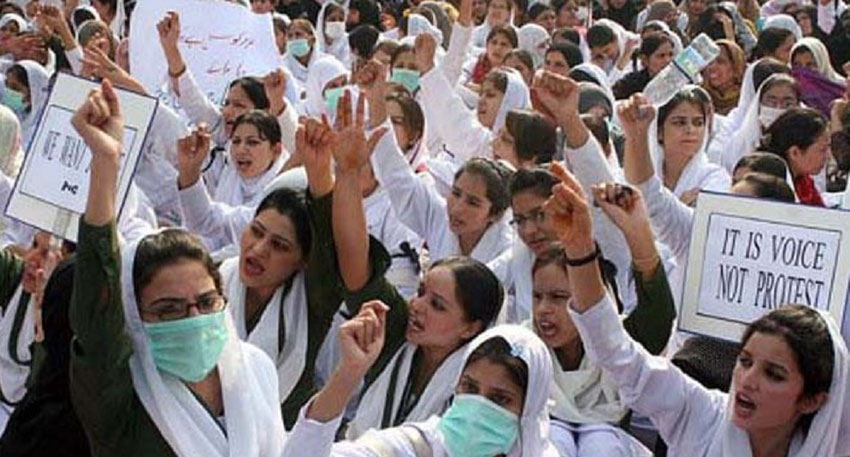
In a major policy shift, the Punjab government has abolished the monthly stipend of Rs 31,600 and the free hostel facility for nursing students, placing the full financial burden on families already struggling with rising living costs.
The decision has drawn sharp criticism, with many calling it a setback to Chief Minister Maryam Nawaz’s vision of providing free and accessible nursing education, particularly for young women from underprivileged backgrounds. Officials confirmed that the revised policy was prepared by Punjab Health Minister Khwaja Salman Rafique and Health Secretary Azmat Mahmood before submission to the chief minister. Critics argue that Ms. Nawaz may not have been fully informed about the financial impact on aspiring nurses’ families.
Experts warn the changes signal a move toward the privatization of nursing education, potentially worsening Punjab’s shortage of trained nurses and compromising patient care in government hospitals.
Under the new guidelines, the University of Health Sciences (UHS) Lahore will serve as the central admissions authority for the four-year BSN (Generic) program, offering 3,100 morning-shift seats across 45 public-sector nursing colleges and 1,400 evening seats in 15 colleges. Prominent institutions include colleges affiliated with Mayo Hospital/KEMU, Sir Ganga Ram Hospital/FJMU, Jinnah Hospital/AIMC, Lahore General Hospital/AMC, and Allied Hospital Faisalabad.
Also Read: Karachi to face temporary water shortage for over 12 hours




